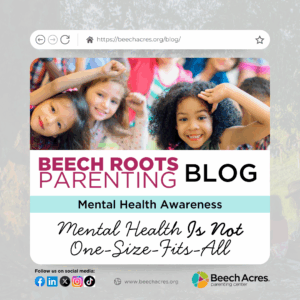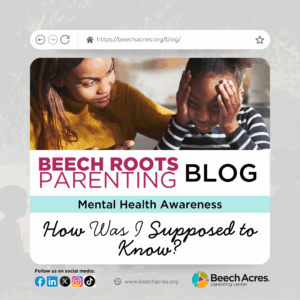What Is Gas?
Social media apps rise and fall. Remember MySpace? Friendster? Some catch fire quickly and burn hot for a while before fading into obscurity in the vast junkyard of the app store. Others, like Facebook, Twitter, Instagram, and Snapchat, seem to develop large followings and retain users. Gas is the latest social media app catching fire in middle schools across the country.
Gas is an app for iOS rated for ages 12+. The app is free but offers in-app purchases. Users join their school on the app, add friends, and answer online polls. Users get “gassed up” and receive “flames” when they are chosen as an answer in the poll. The app store advertises the game with the tag “See who likes you.” The idea is someone could ask something like “who do you have a crush on?” and list the names of their friends on the app. Responses are anonymous, which can reduce the potential for bullying. Ideally, the app is designed around positivity, meaning you’re supposed to feel good when you are chosen and receive flames. Problems may arise if a user has few friends or if they are never selected. Questions may also not be so innocuous.
Is Gas Popular?
Gas is currently the number 50 app in the “lifestyle” section of Apple’s App Store. The Android version is still in beta. Professional reviews have focused on the positive aspect of the app, and there have been several news stories about the app. There are nearly 250,000 user reviews of the app, with a 4.6 average rating.
Should I Be Concerned?
Social media can connect people wherever they are in the world and disseminate news and information quickly. Early sites focused on college students and young users empowering users to have a space on the internet to be themselves. As smartphone use has exploded, so has social media. It’s estimated that 4.26 BILLION people actively use social media regularly. Many of these apps, like Gas, are either aimed at younger audiences or have features that appeal to younger users. As with any internet-based technology, it is critically important for parents to know what their children are doing on the internet.
What Can I Do?
This should be an active conversation, not a passive one. Start by getting curious with your kids about their phone use. You may think they are just on Minecraft, but they may be spending time elsewhere in darker corners of the web. Ask them what apps they use, how they use them, and what friends they connect with. Ask probing questions that encourage dialogue. Encourage them to use their strength of Honesty during these conversations. Be intentional with these conversations and have them where your kids are comfortable – at the dinner table, on the way to a practice or a game, or whenever you can find time to have these important conversations. Research the apps your children are using and make decisions based on that. Gas does offer a safety page with details about the app. Take advantage of built-in parental controls. iOS and Android offer robust parental controls that give parents confidence. These controls can offer as little or as much freedom to your child as you are comfortable with. At the very least, enable the ability for them to have to get permission to install a new app. When the request comes through-THIS IS YOUR CHANCE TO HAVE A CONVERSATION! It’s so easy to hit “approve” and wonder (or, more likely, forget) later. Take this chance to ask what the app is, why they want to use it, and who else they know is on the app. Keep the conversation going. Periodically check on their use and see what apps are installed. You may be surprised by what you find. Use your own family’s values to determine what apps are right for your family.
Gas is just the latest app to catch fire with kids. It won’t be the last. As a parent, you can control this by having an open, honest conversation with your children about their smartphone use. Take this opportunity to give your child your own positive “gas.” Pick out one of their strengths and strength and spot them using it. This will help them build their self-confidence; no smartphone needed.







